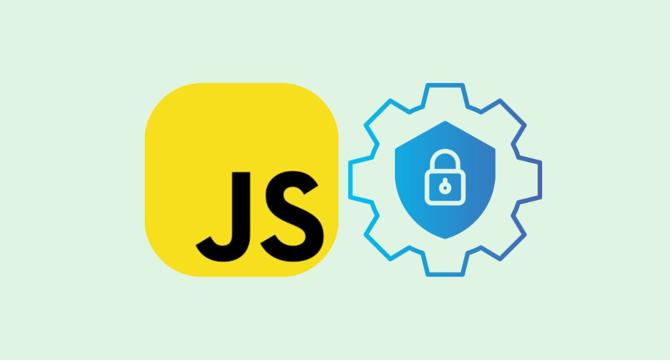Hackernoon
1w
314

Image Credit: Hackernoon
Learn to Detect & Prevent JSD Attacks With This Guide
- The article discusses various cyberattacks on JavaScript (JS) in modern web applications, such as Magecart attacks, and provides preventive measures.
- Magecart attacks involve injecting malicious JS code in e-commerce websites to steal sensitive data like payment details, resulting in breaches like those at British Airways and Newegg.
- To detect Magecart attacks, Subresource Integrity (SRI) can be implemented by verifying the integrity of external resources using cryptographic hashes in the code.
- Content Security Policy (CSP) helps prevent XSS and code injection by restricting which resources can be loaded on a web page, for example in NodeJS applications.
- Developers are warned about malicious NPM packages, which can contain harmful code to steal sensitive data; techniques like typosquatting are used to spread such packages.
- To mitigate risks, developers can verify package authenticity before installation and scan for vulnerabilities using commands like 'npm audit'.
- Cross-Site Scripting (XSS) is a common vulnerability where attackers inject malicious code into websites via areas like comment boxes, forms, or URLs to steal data or perform harmful actions.
- XSS attacks can be of three types: Reflected XSS, Stored XSS, and DOM-Based XSS, each requiring specific protection measures like input validation, sanitization, and secure coding practices.
- By implementing best practices like SRI, CSP, secure coding, and vigilant package management, developers can enhance security and protect web applications from JS-driven cyberattacks.
- Ultimately, maintaining a proactive stance towards cybersecurity is crucial to ensure the safety of user data and prevent potential security breaches in modern web applications.
- Constant awareness, adherence to security protocols, and staying updated on evolving cyber threats are essential for developers to safeguard their applications effectively.
Read Full Article
18 Likes
For uninterrupted reading, download the app